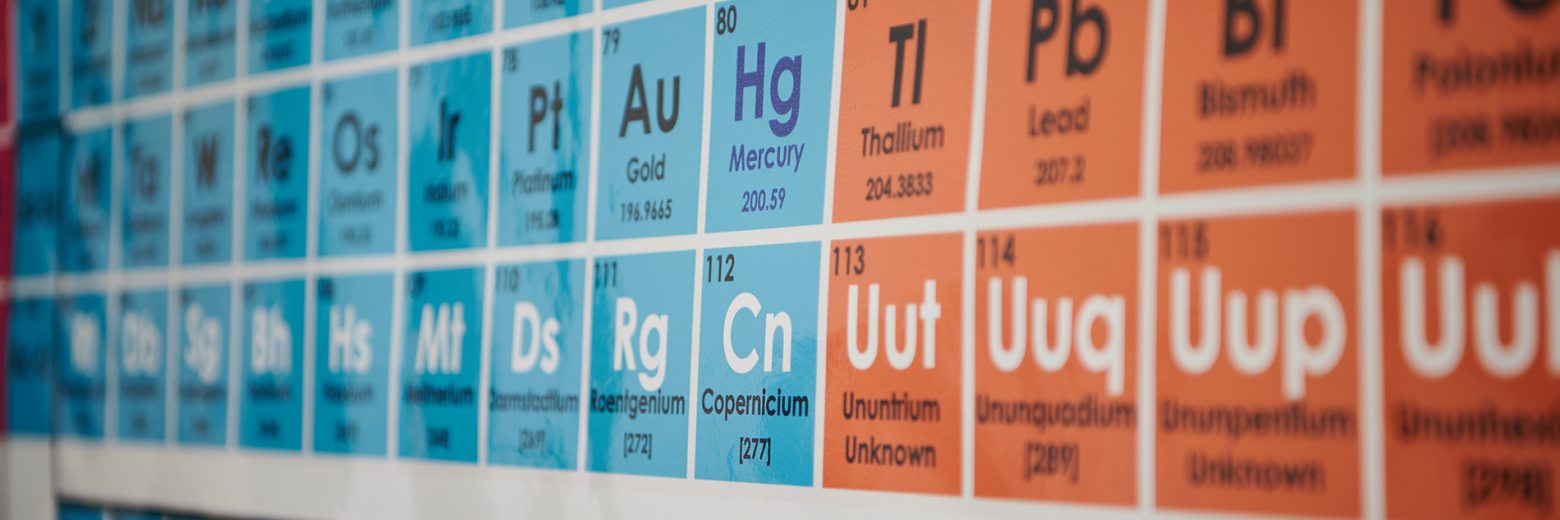Double Science
“The most exciting phrase to hear in science, the one that heralds new discoveries, is not ‘Eureka!’ but ‘That’s funny…’”
Isaac Asimov
What is Double Science?
Double Science (also known as Combined Science) GCSE provides a flexible approach to teaching. The specification is divided into topics, each covering different key concepts of biology, chemistry and physics. Teaching of practical skills is integrated with the theoretical topics and they are assessed through the written papers.
This qualification provides the foundation for understanding the material world. It introduces students to various key concepts in biology, chemistry and physics and develops their understanding of how these ideas can help describe diverse and complex natural phenomena.
What will I study in GCSE Double Science?
Which exam board will be studied?
Our GCSE Double Science Award follows the OCR Combined Science A (Gateway) specification.
There are six teaching topics for each of the sciences and a practical skills topic:
| Biology | Chemistry | Physics |
| B1: Cell level systems B2: Scaling up B3: Organism level systems B4: Community level systems B5: Genes, inheritance and selection B6: Global challenges CS7: Practical skills
| C1: Particles C2: Elements, compounds and mixtures C3: Chemical reactions C4: Predicting and identifying reactions and products C5: Monitoring and controlling chemical reactions C6 Global challenges CS7: Practical skills | P1: Matter P2: Forces P3: Electricity and magnetism P4: Waves and radioactivity P5: Energy P6: Global challenges CS7: Practical skills
|
Why should I study GCSE Double Science?
The main benefit of the Double Science GCSE courses is that it makes science more manageable, so it can be useful for those who are interested in science but are not planning on pursuing it with their A Levels.
How is GCSE Double Science Assessed?
GCSE results are scored from 1 – 9, with a level 5 being a good pass and level 7 equivalent to an A grade.
| Topic B1: Cell level systems Topic B2: Scaling up Topic B3: Organism level systems Topic CS7: Practical skills (PAGs B1-B5) | Paper 7 (Biology) J250/07 1 hour 10 minutes 60 mark written paper | 16.7% of total GCSE |
| Topic B1: Cell level systems Topic B2: Scaling up Topic B3: Organism level systems Topic CS7: Practical skills (PAGs B1-B5) | Paper 8 (Biology) J250/08 1 hour 10 minutes 60 mark written paper | 16.7% of total GCSE |
| Topic C1: Particles Topic C2: Elements, compounds and mixtures Topic C3: Chemical reactions Topic CS7: Practical skills (PAGs C1-C5) | Paper 9 (Chemistry) J250/09 1 hour 10 minutes 60 mark written paper | 16.7% of total GCSE |
| Topic C1: Particles Topic C2: Elements, compounds and mixtures Topic C3: Chemical reactions Topic CS7: Practical skills (PAGs C1-C5) | Paper 10 (Chemistry) J250/10 1 hour 10 minutes 60 mark written paper | 16.7% of total GCSE |
| Topic P1: Matter Topic P2: Forces Topic P3: Electricity and magnetism Topic CS7: Practical skill (PAGs P1-P6) | Paper 11 (Physics) J250/11 1 hour 10 minutes 60 mark written paper | 16.7% of total GCSE |
| Topic P4: Waves and radioactivity Topic P5: Energy Topic P6: Global challenges Topic CS7: Practical skills (PAGs P1-P6) With assumed knowledge of P1–P3 | Paper 12 (Physics) J250/12 1 hour 10 minutes 60 mark written paper | 16.7% of total GCSE |
Students must complete either foundation tier (papers 1, 2, 3, 4, 5 and 6) or higher tier (papers 7, 8, 9, 10, 11 or 12) to be awarded the OCR GCSE (9-1) in Combined Science A (Gateway Science).
This qualification is worth two GCSEs.
What careers can GCSE Double Science lead to?
Chemistry is central to careers in Physics, Materials, Engineering, Medicine, Earth Science and Life Sciences. Chemists often end up working in sectors such as the Chemical Industry (Research and development, Analytical Chemistry, Technical Sales and Marketing), Public Services (Forensic Science, Health Services, Environmental Protection and Water Companies), Academia and Teaching, Publishing, Technical Writing and Patent Law. Studying the chemical sciences at university provides you with many skills such as problem solving, communication, creativity and teamwork; hence chemical scientists are much sought after and can pursue careers in many exciting and varied fields of work.
Biology is central to careers in Medicine, Dentistry, Veterinary Science, Physiotherapy, Pharmacy, Optometry, Nursing, Marine Biology, Zoology or Forensic Science. Biotechnology and pharmacology are growing industries employing many Biology graduates.
Physics trains you to think logically, develop reasoned arguments and look for relevant information in a large amount of data. Some career choices are obvious: physics, engineering, aeronautics, and Architecture for example. However, the skills you will develop are also highly desirable for careers in law, finance and management. Another career option for physics graduates is radiography and medical physics.
Co-Curricular Activities
Co-curricular activities available to GCSE students at subject specific clinics.



